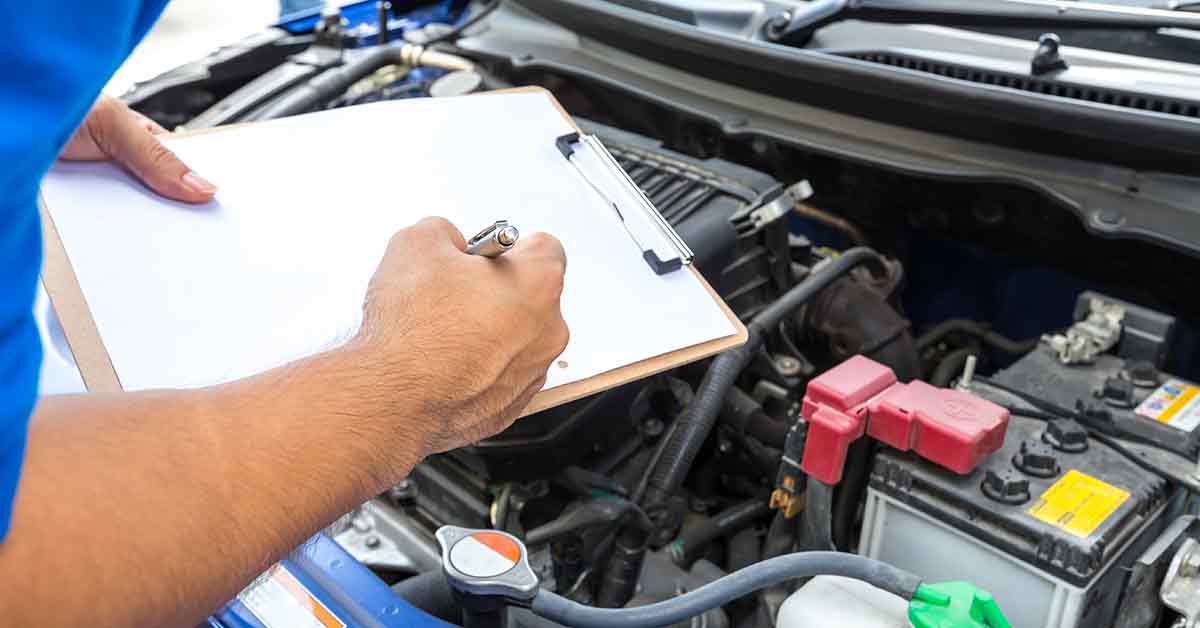Discover when a car inspection is necessary for insurance, including break-in policy requirements, renewal conditions, modifications, accidents, and coverage changes. Get informed about inspection requirements and related costs so that you can plan ahead for your insurance requirements.

When it comes to car insurance, there are a lot of factors to consider. One of the most important things to keep in mind is when a car inspection is required. This can affect your insurance rates and coverage, so it’s important to understand the circumstances in which an inspection is necessary. In this article, we’ll break down the different situations in which a car inspection is required and what you can expect.
Break-in Policy Vehicle Inspection Required
If you’re purchasing a new car or switching insurance providers, you may be required to have a vehicle inspection done. This is known as a break-in policy vehicle inspection and is typically required within the first 30 days of purchasing a new car or switching insurance. This inspection is done to ensure that the car is in good condition and meets the safety standards set by the insurance company.
Inspection in Motor Insurance is Required in Which of the Following Conditions?
There are a few different situations in which an inspection may be required for motor insurance. These include:
- Renewal of insurance: Some insurance companies require a car inspection at the time of renewal to ensure that the car is still in good condition and meets their safety standards.
- Change in vehicle: If you have made any modifications to your car, such as adding a new engine or changing the body, an inspection may be required to update your insurance policy.
- Change in coverage: If you are changing your insurance coverage, such as adding comprehensive coverage, an inspection may be required to determine the value of your car and assess any potential risks.
- Accident: If you have been in an accident, your insurance company may require an inspection to assess the damage and determine the cost of repairs.
Car Inspection Requirements
The requirements for a car inspection may vary depending on your insurance company. However, there are some common factors that are typically assessed during an inspection. These include:
- Vehicle identification number (VIN): This is a unique 17-digit code that identifies your car. It is used to track the history of the vehicle and ensure that it has not been stolen or involved in any major accidents.
- Mileage: The mileage of your car is important as it can affect the value and potential risks associated with the vehicle.
- Exterior and interior condition: The overall condition of your car, both inside and out, will be assessed during an inspection. This includes any visible damage or wear and tear.
- Safety features: The safety features of your car, such as airbags and seatbelts, will also be checked to ensure they are in working condition.
Car Insurance Inspection Charges
The cost of a car inspection will vary depending on the insurance company and the type of inspection required. Some insurance companies may cover the cost of the inspection, while others may require you to pay for it out of pocket. It’s important to check with your insurance provider to understand their policies and any potential charges.
By understanding when a car inspection is required and what to expect, you can ensure that you are prepared and meet all necessary requirements for your car insurance. Remember to always check with your insurance provider for specific guidelines and requirements.





